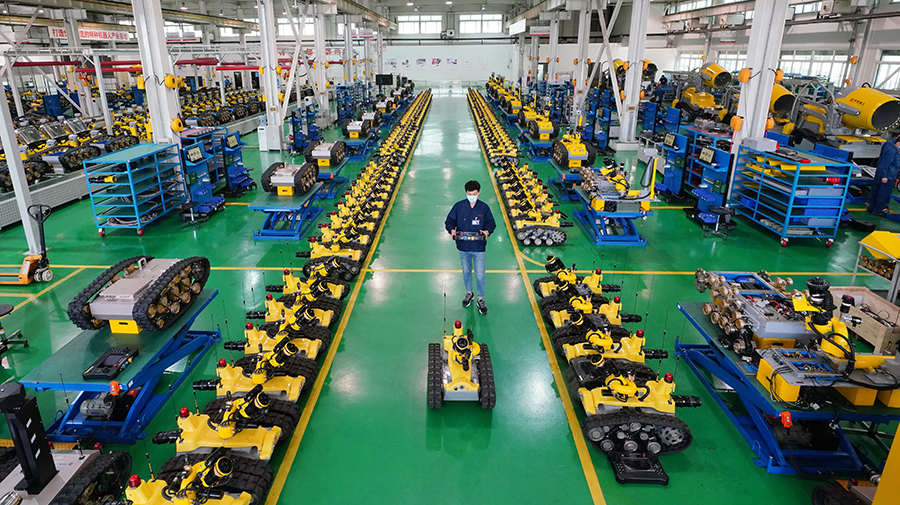"We (in Australia) use what we call a five-yearly 'intergenerational report', which looks forward 40 years to things like what's going to happen with the population, aging trends and the implications for government spending and for government revenues," he said.
"Unlike China, these are projections, not targets. They complement our medium-term budgeting process that sets out spending and revenues for the next three and four years and include performance targets in areas like health and education."
A key area in which China wants to improve the effectiveness and efficiency of government is in using new technologies such as artificial intelligence, big data and blockchain, which enables the use of cryptocurrencies for payment. The People's Bank of China has indicated that it will be the first central bank in the world to issue its own cryptocurrency.
Koh, from the Centre for New Inclusive Asia, said: "These technologies will become important tools to improve the efficiency of the government delivery system, enabling smart cities, improving the social credit system, allowing facial recognition for security screening and the application of big data for public health and poverty alleviation. Technology not only raises efficiency but also increases transparency, thus enhancing good governance."
However, Podger said governments, such as Australia's, also recognize that adopting technology is important.
He pointed to a report issued in December by the Australian administration recommending heavy investment in artificial intelligence and other technologies to deliver government services, but he said that there is likely to be more resistance in Australia than in China.
"China, though, does seem to be more willing to move quickly. I think there is a tendency for most Western countries to be more cautious because the public is more concerned about issues such as privacy and the risk of misuse of their personal data. So, there are more interest groups to be assuaged before you can rush in with new technology," he said.
One issue that was made clear at the plenum was that the Party was to be central to the modernization of national governance.
Mei, from Tsinghua University, said the Party will have a central coordinating role in modernizing the entire system.
"The Party's leadership is one of the core principles of the People's Republic of China. It is the single most important factor for China's development over the past 40 years and, indeed, over the past 70 years. What is being reaffirmed is that we are going to stick to this principle," he said.
Koh said this leadership gives China many advantages over free-market economies.
"Laissez-faire economies skew the allocation of resources to industries which often yield only short-term returns, overlooking the long-term development needs of a country," he said.
"China's centralized political system is more efficient in mobilizing the State machinery and resources, particularly in tackling national emergencies or natural disasters, as it has recently shown."






7740f3b5-9ecb-438e-9052-76cb2d4bb671.jpg)

